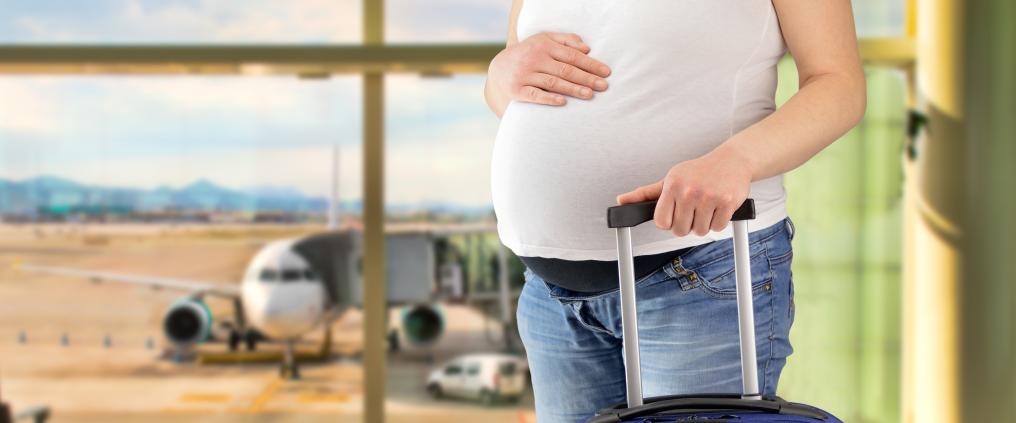In general, traveling during pregnancy does not pose a risk for either the mother or the foetus. However, longer flights are not recommended during the last month of a pregnancy, i.e. starting from the 36th week. Shorter flights can be taken up to the 38th week, if the pregnancy has been progressing as planned. In multiple- and risk pregnancies the limitations may be more restricting.
It is important to check the airline’s practice for pregnant passengers well in advance before the trip, as different companies may have different regulations on this matter.
Finnair permits air travel until the end of the 36th week of pregnancy. Domestic short flights and Scandinavian flights are permitted until the end of the 38th week of pregnancy, provided that the pregnancy has been progressing without problems. Finnair requires a medical certificate on the normal cause of pregnancy from the beginning of the 29th week of pregnancy. A form for this can be found on the company website and should be delivered to Finnair before the beginning of the trip.
Some airlines recommend taking an English-language medical certificate already in the beginning- and mid-stages of pregnancy, in order to avoid possible delays. Strict restrictions are based on security precautions: airline does not wish the pregnant passenger to be the reason for extra care arrangements.
The reason for restrictions is a risk of a premature delivery, while an airplane provides very poor conditions for giving birth or assisting during labour.
“Towards the end of the pregnancy, flying may have a birth-triggering effect, if the uterus is large and somewhat hoarse,” remarks Mika Nuutila, a Doctor Specialist in Ginecology and Nursing.
Pregnant women should check the travel insurance terms for the pregnancy.
Great risk of blood clots
The risks during flying at their highest for pregnant women instead of a baby. The pregnancy by itself increases blood clotting, but long sitting further increases the risk of deep vein thrombosis up to 6–10 fold.
A large abdomen, and a uterine mechanical compression on veins running through the lower limbs, are the reason for the heightened deep vein thrombosis risk. In addition, the airplane seats are narrow, which further increases the compression of veins.
“One should take a walk once an hour. While sitting, it is a good idea to make foot exercises, for which some airlines even provide instructions. In addition, one should drink a lot, and use support stockings,” hints Nuutila.



